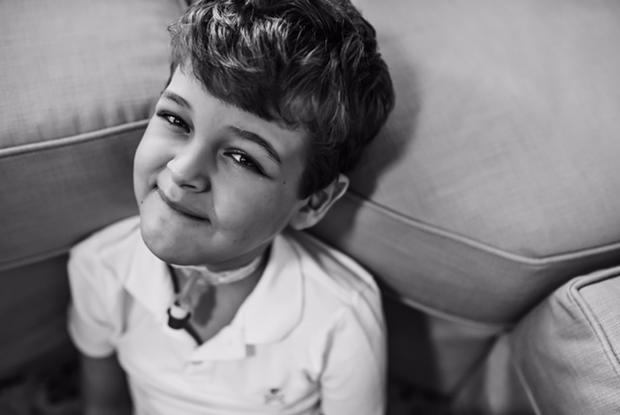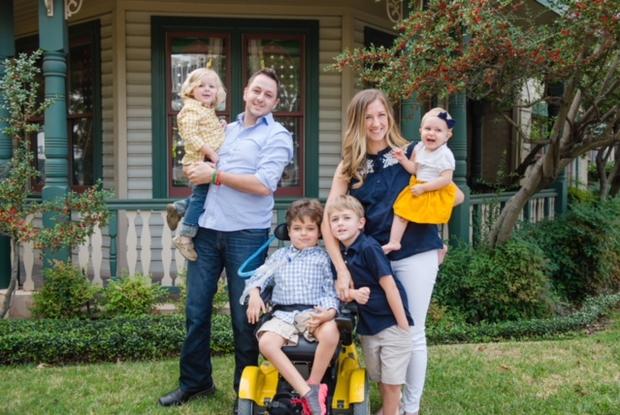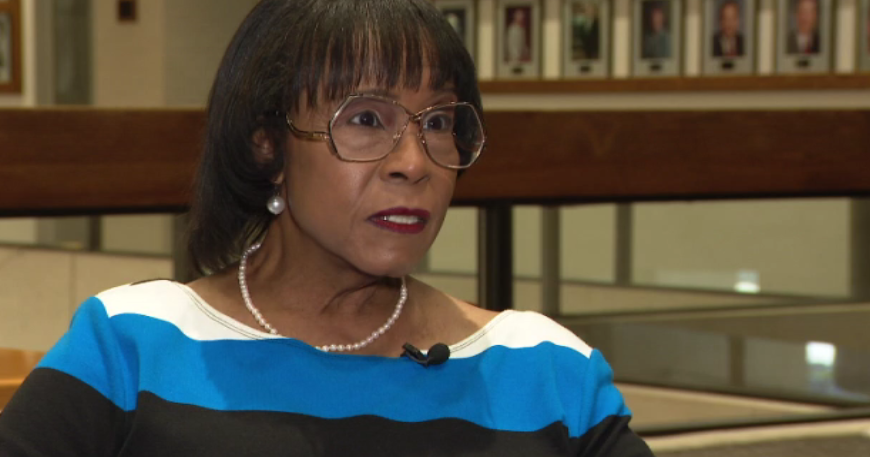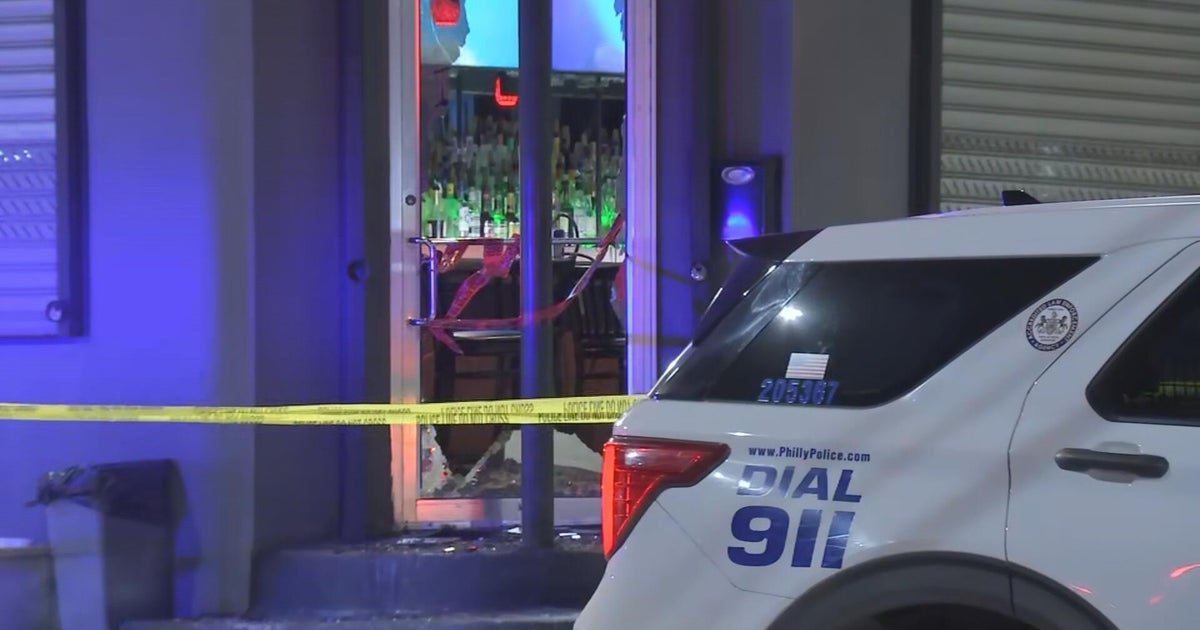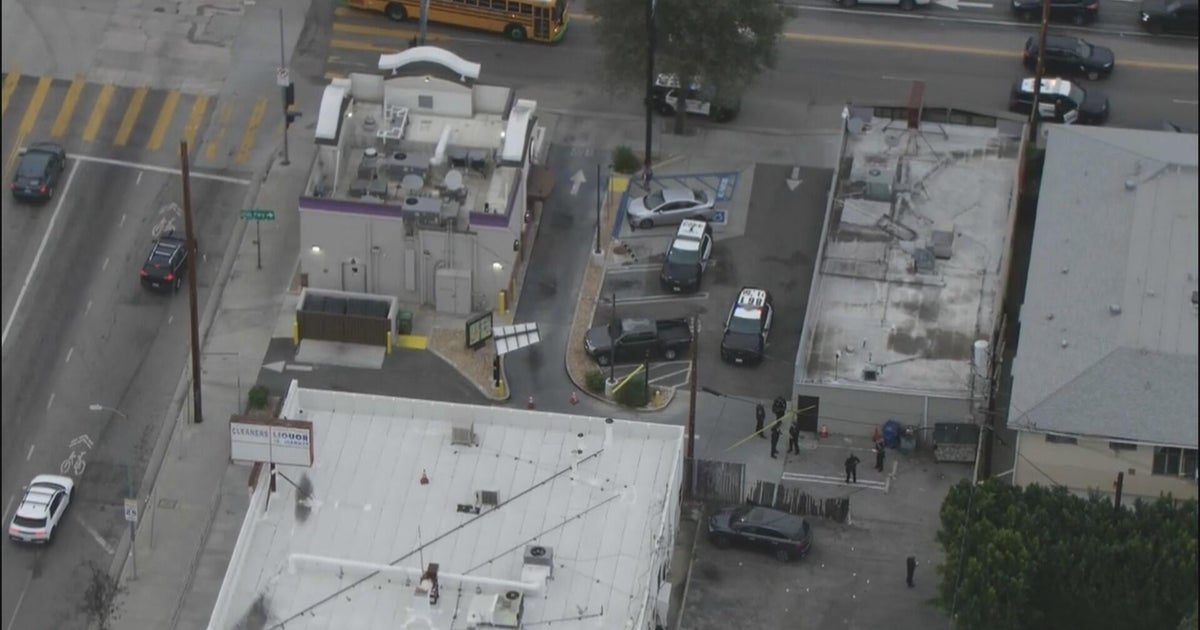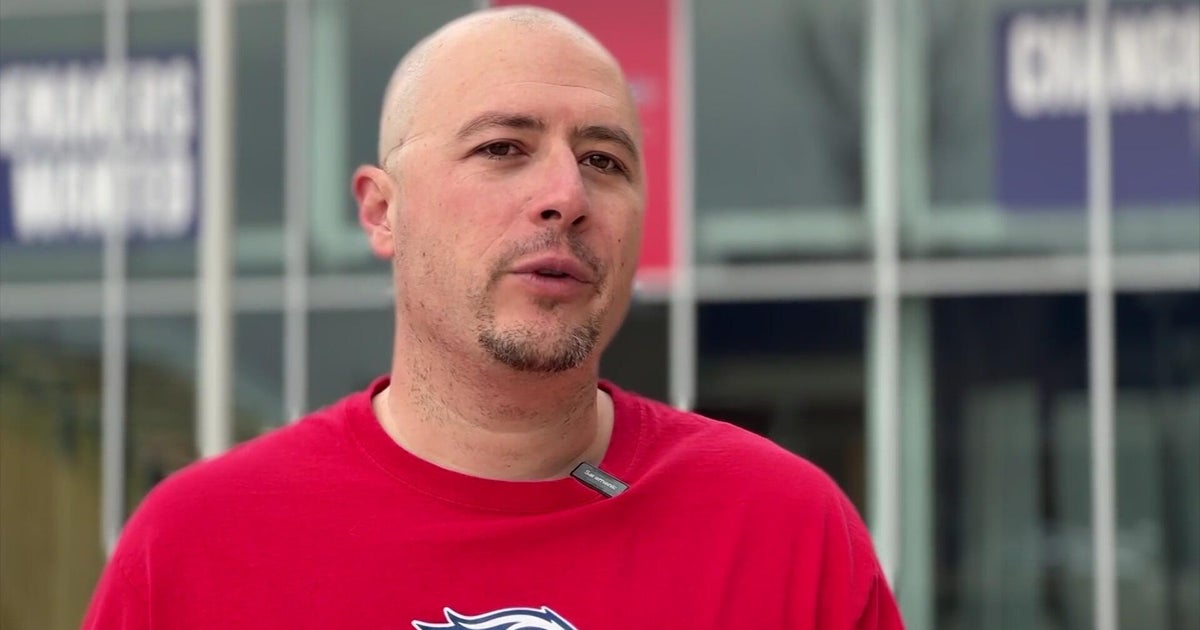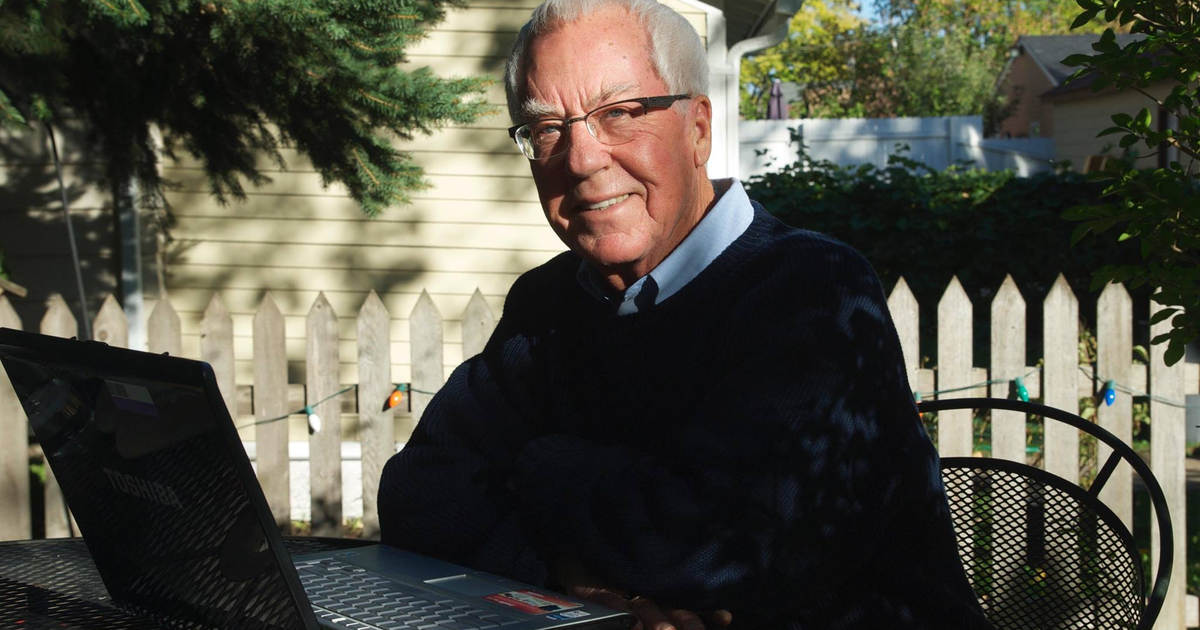Rare Polio-Like Illness Arrives In North Texas
DALLAS (CBSDFW.COM) - News of a polio-like illness popping up around the country has North Texas parents wondering if Acute Flaccid Myelitis or AFM, could strike here. It already has.
"While there's a lot of national attention that's being raised this last week from the story breaking out of Minnesota of them having a cluster of cases. It's important to recognize that most major metropolitan areas have seen a clustering of cases every other year since 2014, and Dallas and North Texas have been no different," says UT Southwestern and Children's Health neurologist Benjamin Greenberg, MD. "We've been here before."
According to Dr. Greenberg, the vast majority of children exposed to the virus will appear to be suffering from the common cold.
"We don't know yet why one child has a neurological complication, while another child fights it off completely."
Braden Scott was 5 years old when his family learned that he would not be one of the lucky ones.
"We assumed he has a sore throat," says his mother Rachel from the family's home near Houston. "We realized that it was a different issue than a common cold, when he stopped breathing entirely, when his diaphragm was paralyzed."
The Scott family would soon get a crash course in Acute Flaccid Myelitis.
"Some kids, it's hours," explains Rachel. "They walk into a room and they can't walk out. With Braden, it was slower, he didn't notice it because it was swallowing, but some kids are in the middle of doing something and their arms stop working and their legs... so it can be very quick."
She says some two years since that diagnosis, Braden is improving, but still can't breathe on his own an requires 24/7 nursing care.
The Scotts seek treatment for Braden at a Children's Health/UT Southwestern program tailored specifically for pediatric transverse myelitis patients: the only one in the world.
"In general, what we tell folks is to not worry, at least not in the here and now," says Dr. Greenberg who stresses that 99,999 kids out of 100,000 exposed to the virus will fight it off.
"I'm a father myself, and when my girls get a cold, I twinge. But in the back of my mind I reassure myself and try to sleep well. Parents and pediatricians and emergency room doctors need to be on the lookout for a child that's developing unexplained weakness in one or more limbs."
And while there is much that researchers are still looking to learn, Dr. Greenberg says they have found that vaccinations for other viral diseases or the lack thereof are not a factor in which patients experience paralysis.
"It's scary that there's not a good treatment to stop the progression," adds Rachel. "It's a very rare disease, still it's something that needs to be taken seriously because it can get so life threatening very quickly."
Doctors advise using good hygiene always-- washing hands frequently, coughing or sneezing into an elbow and staying home from work and school when ill.
"His legs have improved a lot so he's able to walk around," says Rachel. "Hopefully he will continue to make small gains. There is hope."
For more on AFM, click here.
